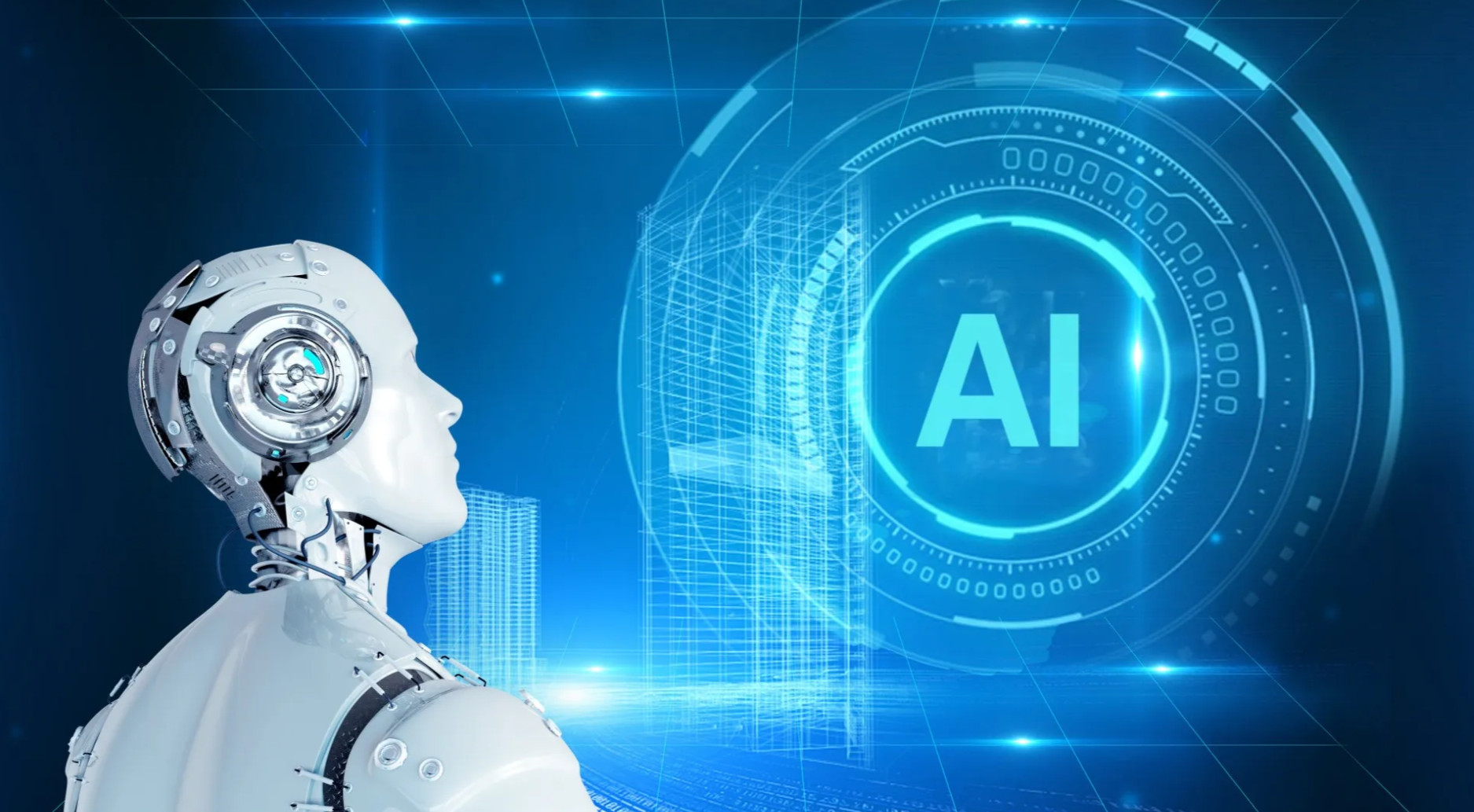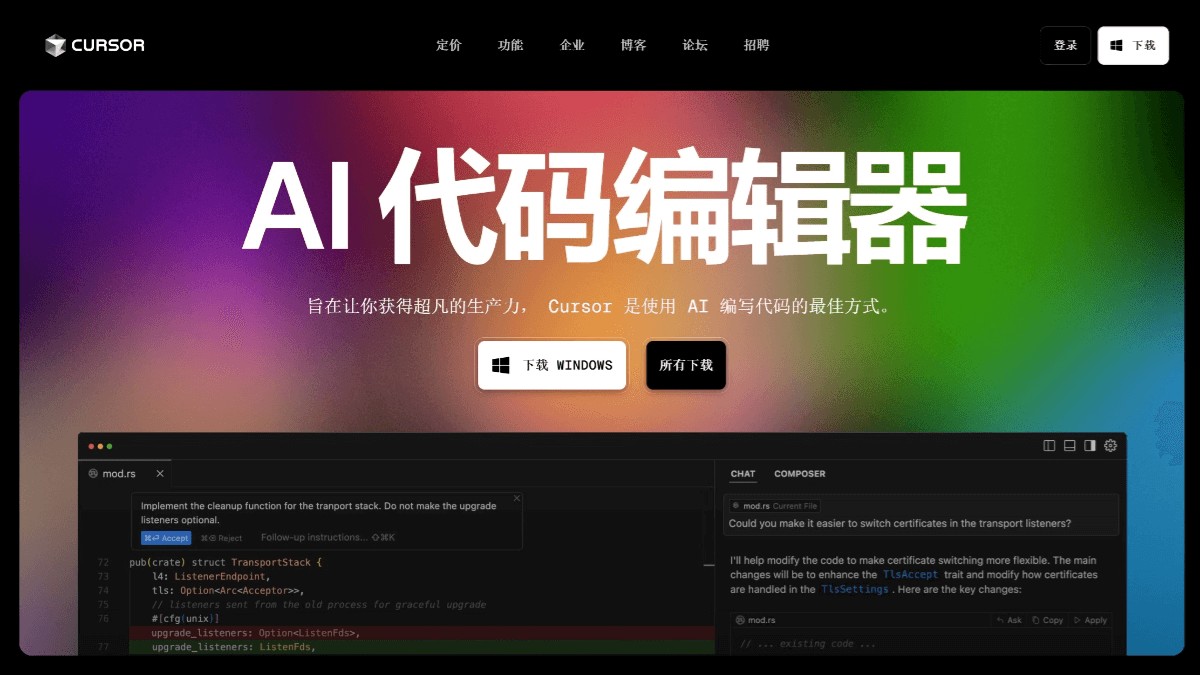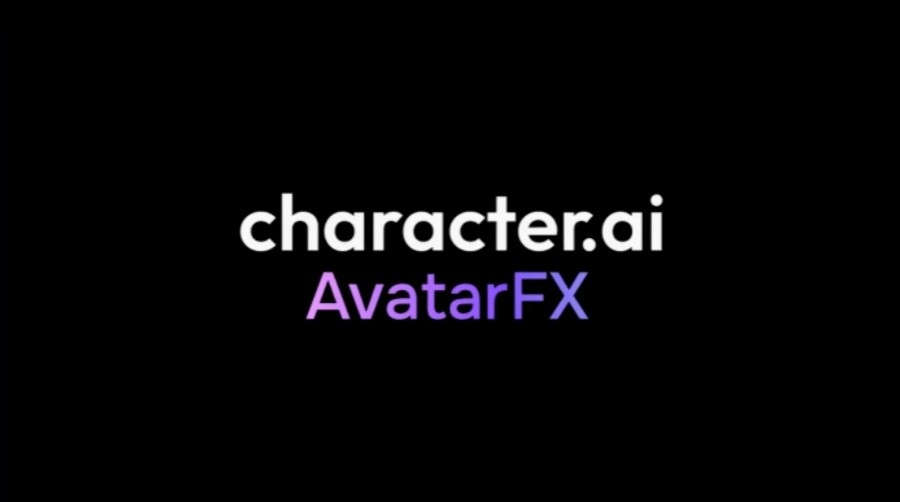
In recent years, with the rapid development of AIGC technology, more and more people have begun to feel that they are gradually falling behind in the competition with AI. Artificial intelligence tools represented by ChatGPT , Wen Xinyiyan, etc. have demonstrated astonishing capabilities - not only possessing massive knowledge, but also possessing efficient office efficiency. This has caused many people to worry: Does the rise of AI mean that humans are gradually being replaced in the workplace?
In the past, having a certain skill set you apart from others in the workplace. For example, being good at making PPT , efficient in data query, and able to write good materials were once important advantages for many people to gain a foothold in the workplace. However, with the continuous advancement of AI algorithms , especially the emergence of large language models , these former advantages are gradually weakened, and even face the risk of being replaced by AI.
AI technology, relying on training on large amounts of data, can quickly generate accurate conclusions and content, and even automatically perform tedious tasks, which makes many knowledge workers feel tremendous pressure. Theoretically, all structural and deterministic jobs may be replaced by AI, while those jobs that are more innovative and communicative face less risk of substitution.
Against this background, how can professionals avoid becoming “cannon fodder” in the AI era? The answer lies in redefining learning styles and skills . In order to compete with AI in the AIGC era, we need to rethink the true meaning of learning.
First of all, we must understand the capability system of AIGC . AI technology, especially large language models, has extremely strong knowledge memory and organization capabilities. The traditional rote learning method is outdated. In future learning, we should pay more attention to the relevance of knowledge rather than simply memorizing details. The value of knowledge does not lie in being stored in the brain, but in whether it can be flexibly applied in actual work.
The power of AI is not only reflected in the answers it can give, but also in its ability to help us ask better questions . Future learning, especially vocational education, should pay more attention to problem-solving ideas rather than simple results. Being able to ask key questions at the right moment and retrieve the required knowledge through large models will be the most scarce ability in the future.
In the AI era, humans do not lack answers, but good questions . Being able to use AI to ask questions efficiently and apply the answers it provides to solve practical problems will become the most competitive ability in the workplace.
AI technology still has certain limitations, especially in terms of forward-looking vision and innovative thinking . AI is good at making conclusions based on historical data, but its ability to promote innovation is limited. Therefore, the focus of future learning should shift to the inheritance and innovation of knowledge .
Both theoretical innovation and applied innovation are of far-reaching significance. Innovation ability is not innate; it can be developed through continuous training and practice . We need to learn to deeply understand the nature of things and be able to flexibly reason and innovate based on existing knowledge.
With the popularization of AI technology, the use of AI tools will become a basic skill for future workplace workers . AI will become a powerful assistant in our work and help us complete tasks more efficiently.
AIGC as a learning tool : Through repeated questions, AIGC can help us quickly master knowledge in new fields and improve learning efficiency.
AIGC helps office automation : AI will complete tedious tasks for us, such as translation, summarization, writing , etc., liberating our thinking and allowing us to focus on more valuable thinking and decision-making .
AI as an intelligent assistant : AI can communicate efficiently with the outside world, process large amounts of information and respond quickly, assisting us in completing more complex business tasks.
However, it is worth noting that the difficulty in using AI tools lies not only in operating the software , but also in being able to identify the reliability of AI conclusions . People in the workplace must have a certain degree of judgment and be able to effectively evaluate whether the answers given by AI are true and credible.



